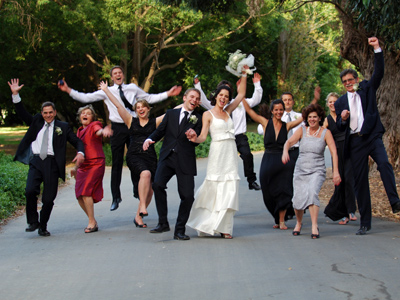
My Family and I - Family Words and Terms
Quiz playing is a wonderful way to increase your knowledge of English as a Second Language. Remember that all of our ESL quizzes have titles that are both friendly and technical at the same time… In the case of this quiz you might like to tell your friends about the quiz called “My Family and I” but your teacher will probably want you to learn about "Family Words and Terms". If you hear a technical term and you want to find a quiz about the subject then just look through the list of quiz titles until you find what you need.
This quiz is mainly about the names given to your family members. For instance your father's brother is your "Uncle" whilst the daughter of your mother's sister is your "Niece". To take that one stage further, you will find that you also need to learn about terms to explain a relationship e.g."Non Identical Twins". Without knowing these family words and terms you will never understand who is related to who!
'His sister is a priest, so she married him last February.'
Ready for more?
not all...
quizzers. Try to win a coveted spot on our Hall of Fame Page.







